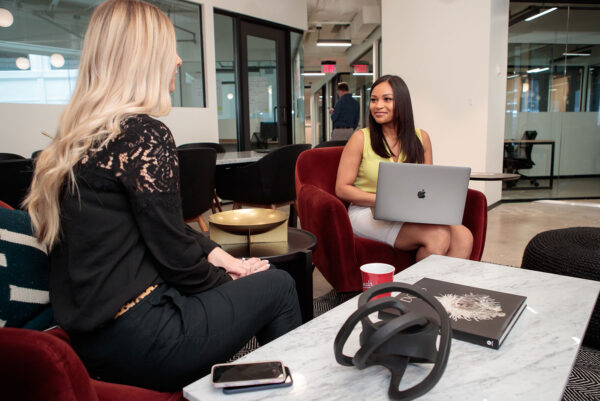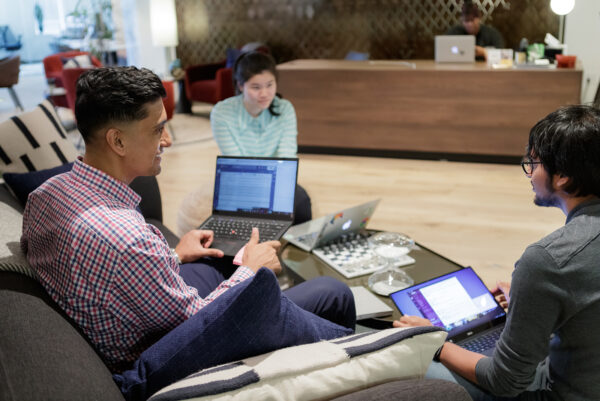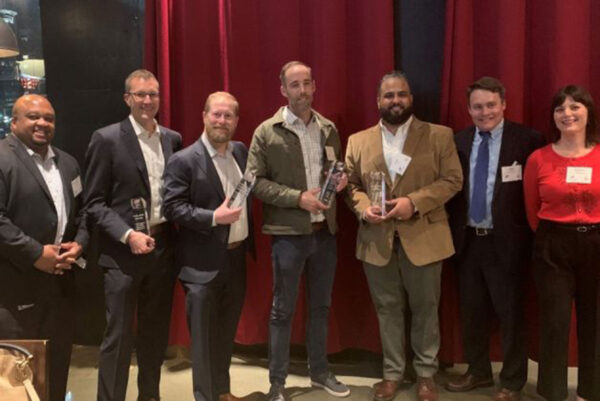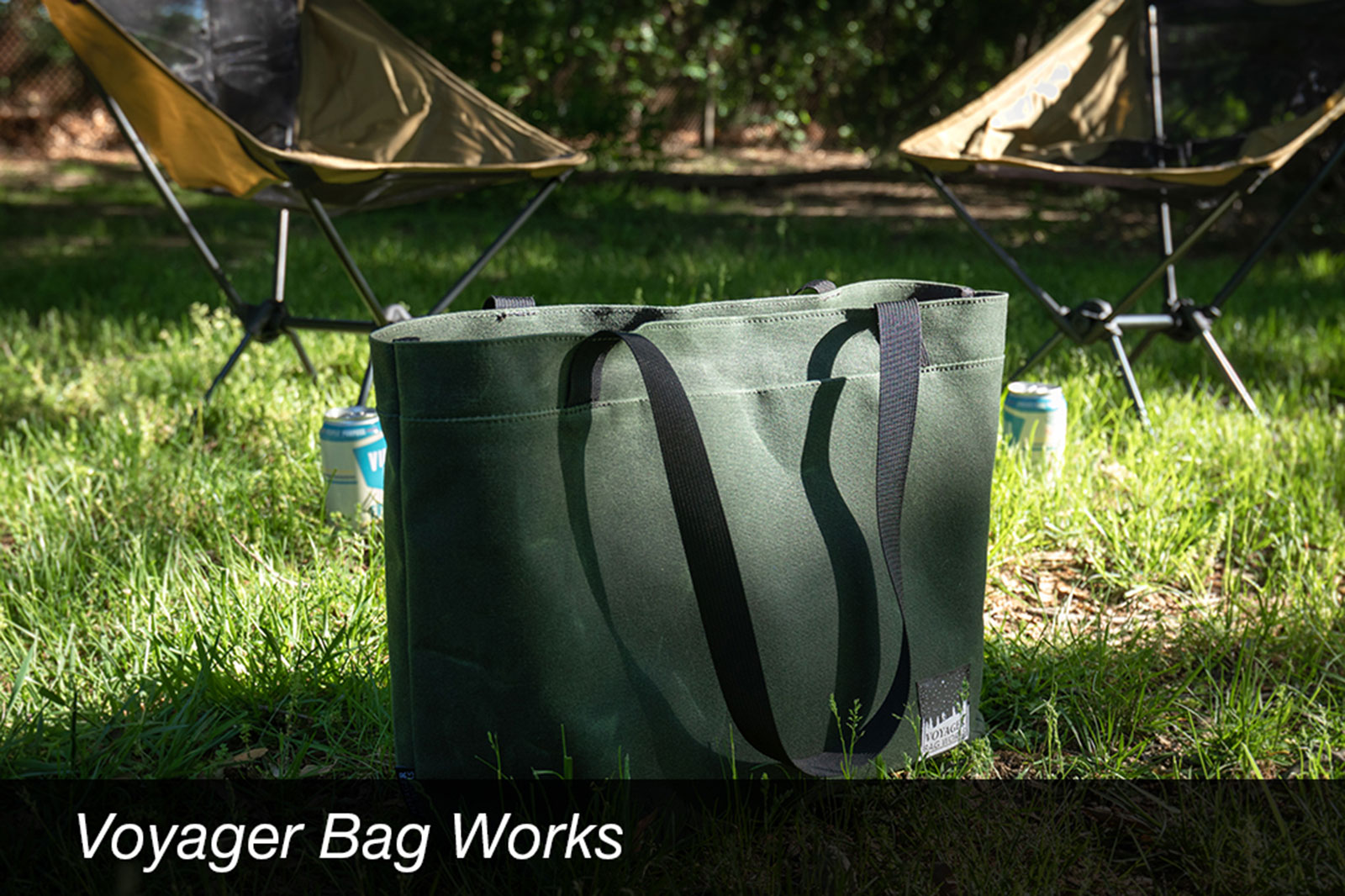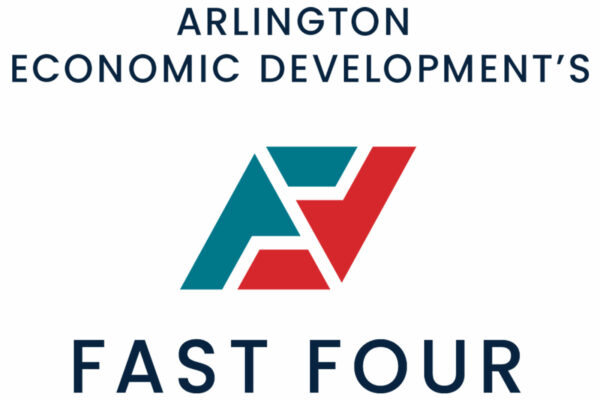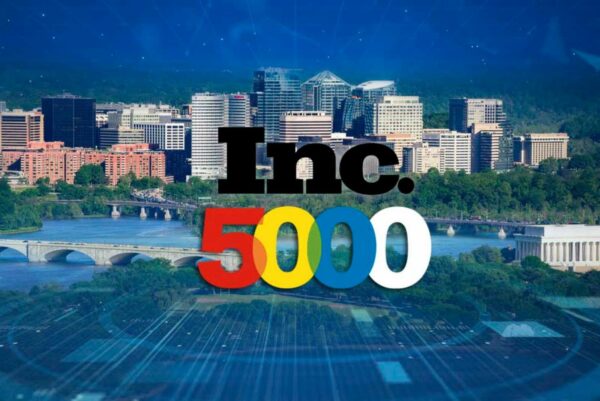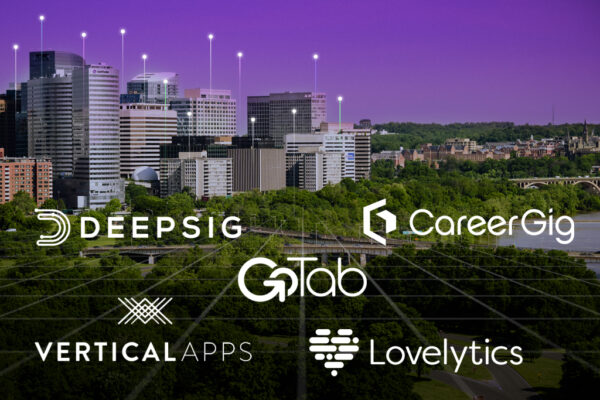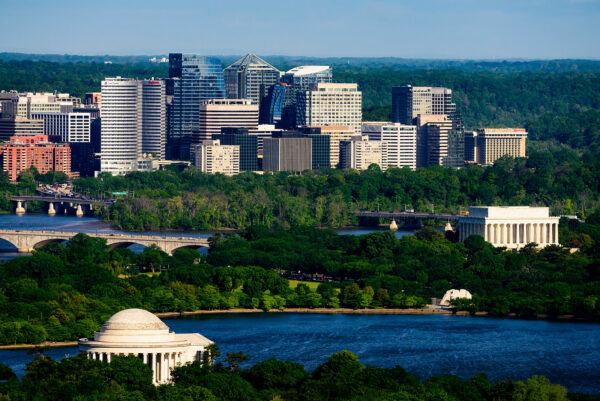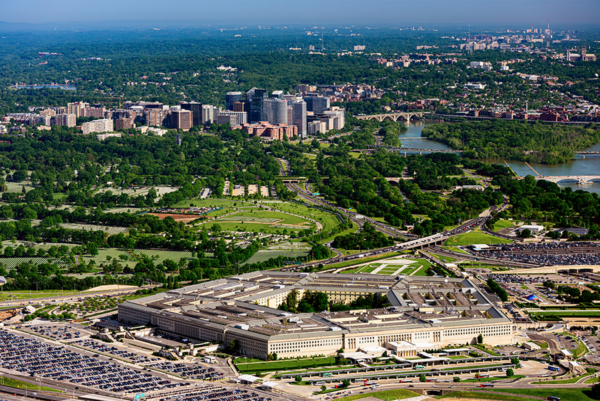This article was written by Arlington Economic Development.
Two years into a global pandemic, the way people work has been permanently altered and the commercial real estate market is in the preliminary stages of determining how the changes will impact future office building utilization.
As the public health situation continues evolving, companies and commercial real estate brokers are still working through the structure and timing of return-to-work plans, which will ultimately decide the future of the office market. To understand the current dialogue around these decisions, Arlington Economic Development spoke with three local commercial real estate brokers about the key trends they believe will shape the office market in 2022 and beyond.
Health and Wellness
Health, not surprisingly, is at the top of the list for both potential tenants and property owners. Property owners are, at a minimum, upgrading their buildings to MERV air filters and creating more touchless spaces. Some landlords are even adding air filters to elevators and upgrading their HVAC systems to direct outdoor air systems to circulate more fresh air.
Nick Gregorios, Principal, Avison Young said that his clients are also thinking beyond air filter upgrades to maximizing outdoor spaces. “In the past, a landlord might consider basic furnishings for an outdoor space for their tenants to utilize, but now what we’re starting to see is thoughtful, deliberate design of those areas with architects to make them functional for outdoor meetings and collaboration, essentially an extension of the office,” Gregorios said. “Landlords are also creating more private outdoor areas that are reserved for a particular tenant.”
Personal wellness is also becoming a leading priority for tenants. Peloton bikes are becoming much more common in gyms and property owners are even creating private gym spaces. “An employee could reserve a private room with a Peloton bike from 1 to 2 p.m. and then the janitorial staff comes in to clean it for the next person,” Gregorios said.
Ken Biberaj, Managing Director, Savills North America said personal health also extends to people’s food choices at work. “Sweetgreen delivery outposts are just as popular in buildings as Peloton bikes so employees can order food and it will be right downstairs, just like at home,” he said.
The Office Experience
Along the same lines as the custom outdoor spaces and personal wellness offerings, the office of the future will also be more experiential now that the office must compete with the home environment.
“If the purpose of the office is going to be more about collaboration and coming together, then inherently it’s going to be a little bit more about hospitality,” said Biberaj. “So as people are thinking about getting back, part of it is creating an ecosystem that warrants people actually getting up and leaving their home.”
Companies may shrink their footprints to create this new experiential space, but they are going to be more willing to upgrade to a higher-quality space in a prime location that provides the amenities that employees want.
“We are seeing an acceleration of “flight to quality” within the office ecosystem, demonstrated by factors such as building access to extensive retail, adjacency to metro and mass transit, high-end building amenities, views and natural light, and building efficiency,” Gregorios said.
David Cornbrooks, Senior Managing Director, Savills North America said that the Ballston Exchange building in Arlington is a great example of a building that companies may upgrade to for quality. It has numerous collaborative spaces, outdoor areas and is right in the heart of Ballston, across the street from the recently transformed Ballston Quarter and its exciting dining and entertainment offerings.
Arlington is ideally positioned for the shift to the experiential office with its 18-hour, mixed-use development, and proximity to transit. Biberaj said that the value proposition for companies looking at Arlington is similar to pre-pandemic, but “it’s amplified. Amenities you may have taken for granted before now, you really value and appreciate.”


